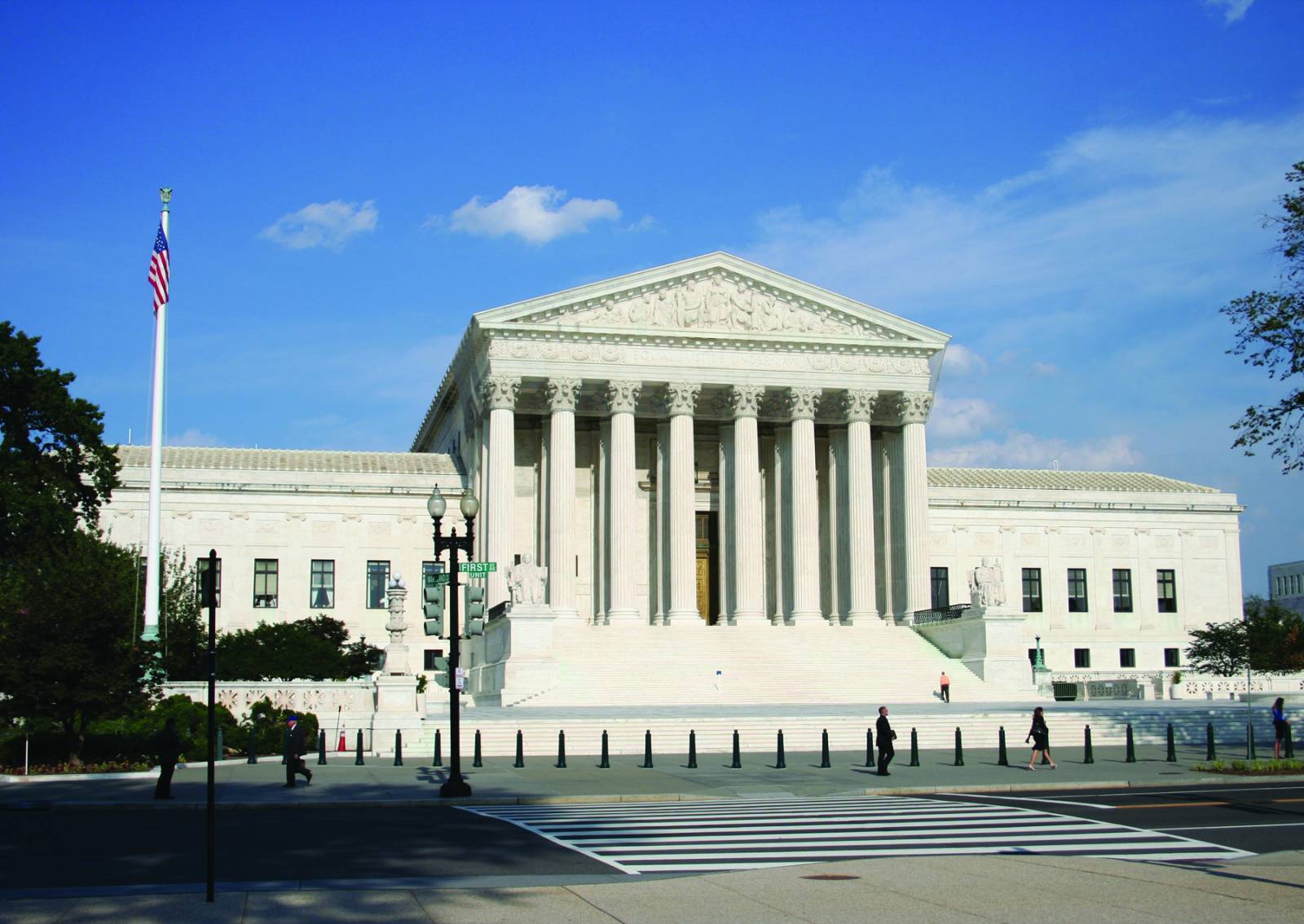By Staff, Baptist Message
WASHINGTON, D.C. – A sharply divided U.S. Supreme Court is hearing oral arguments in an abortion rights case that could have far-reaching implications not only in Texas but also a number of other states including Louisiana.
The high court is hearing a challenge to a Texas abortion law, enacted in 2013, that requires doctors who perform abortions to having admitting privileges at nearby hospitals and prohibits clinics from providing abortions unless they meet the standards of outpatient or ambulatory surgical centers.
The high court heard the arguments with only eight justices, because of the recent death of Associate Justice Antonin Scalia, a leader of the conservative wing for nearly three decades. Scalia, 79, was found dead Feb. 13.
The court’s new alignment makes a 4-4 split in this case a possibility. If the court were to divide evenly, it would result in the Fifth Circuit Court of Appeals’ decision upholding the state law remaining in effect in Texas, Louisiana and Mississippi. A tie, however, would not establish a precedent and not be controlling in the rest of the country.
Benjamin Clapper, executive director of Louisiana Right to Life, issued the following statement March 2 after witnessing oral arguments before the U.S. Supreme Court in Whole Women’s Health vs. Hellerstedt:
“Today’s hearing, and the forthcoming decision, is pivotal to the future of Texas and Louisiana’s right to protect the health and safety of women through common-sense abortion regulations. The people of a state, and their elected legislators, must retain the right to ensure the continuity of care between abortion facilities intent on selling abortions and hospitals in case of emergency. The abortion industry cannot exist as an exception from health standards.
“Justices Ginsburg, Sotomayor, Breyer, and Kagan seemed committed to returning our nation to the 1970s and 1980s when states were prohibited from enacting any basic health regulations on abortion. Instead of analyzing the legal facts before them, these justices were looking to replace the judgments of the people of Texas and their duly-elected legislators with an abortion-on-demand mandate.”
Will Hall, director of Louisiana Baptists Office of Public Policy and editor of The Baptist Message, said, “The Supreme Court’s four liberal justices, Breyer, Ginsburg, Kagan and Sotomayor, have consistently argued a woman has the right of access to a legal and safe abortion. All four continue to rule abortion should be legal, and now it is time for them to ensure such are safe. The reasonable protections contained in Louisiana’s law do just that by shielding women from unregulated providers and facilities.”
“The future of the case will almost certainly rest in the hands of Justice Kennedy. If he sides with the abortion attorneys and the four other justices, the Texas law could be struck down in part or in whole, producing a disastrous precedent against a state’s right to enact common-sense health standards on abortion facilities and physicians.
“Louisiana Right to Life remains hopeful that the Supreme Court will follow the logic of the 5th Circuit and allow Louisiana and Texas to protect both women and unborn children.”
While a decision in the case is not expected until June, many are following the proceedings closely as it will likely have major implications for Louisiana’s own admitting privileges law, which took effect last week following a decision by the 5th Circuit Court of Appeals.
A three-judge panel of the U.S. 5th Circuit Court of Appeals issued an emergency stay of a district court’s opinion that struck down the state’s admitting privileges law.
The panel accepted all of the state’s arguments the district court did not follow 5th Circuit precedent; ignored the state’s rebutted evidence that more than 90 percent of Louisiana women would still be within 150 miles of a provider; and ignored the secretary’s determination Dr. Doe 2’s privileges at Tulane were sufficient.
A federal judge in late January struck down the 2014 Louisiana law requiring abortion clinic doctors to have admitting privileges to a hospital with obstetrical and gynecological services within 30 miles of the clinic where the abortion is performed.
On Jan. 26., U.S. District Judge John deGravelles, a 2014 Obama appointee who presided over a June 2015 trial of a lawsuit challenging the admitting privilege stipulation, said the requirement in Act 620 violates the constitutional right of Louisiana women seeking abortions.
In his ruling, deGravelles wrote the admitting privileges requirement would place an undue burden on Louisiana women seeking an abortion, and issued a preliminary injunction preventing the law from being enforced against the abortion clinics involved in the challenge — Hope Medical Group for Women in Shreveport, Bossier City Medical Suite in Bossier City and Causeway Medical Clinic.
Two of those clinics — Delta Clinic of Baton Rouge on Colonial Drive and the Bossier City Medical Suite — are no longer performing abortions and a third shut its doors permanently. Earlier in the month, Causeway Medical Clinic in Metairie also closed.
This leaves just two clinics in the state – Hope Medical Group for Women and Women’s Health Care Center in New Orleans — which are performing abortions.




